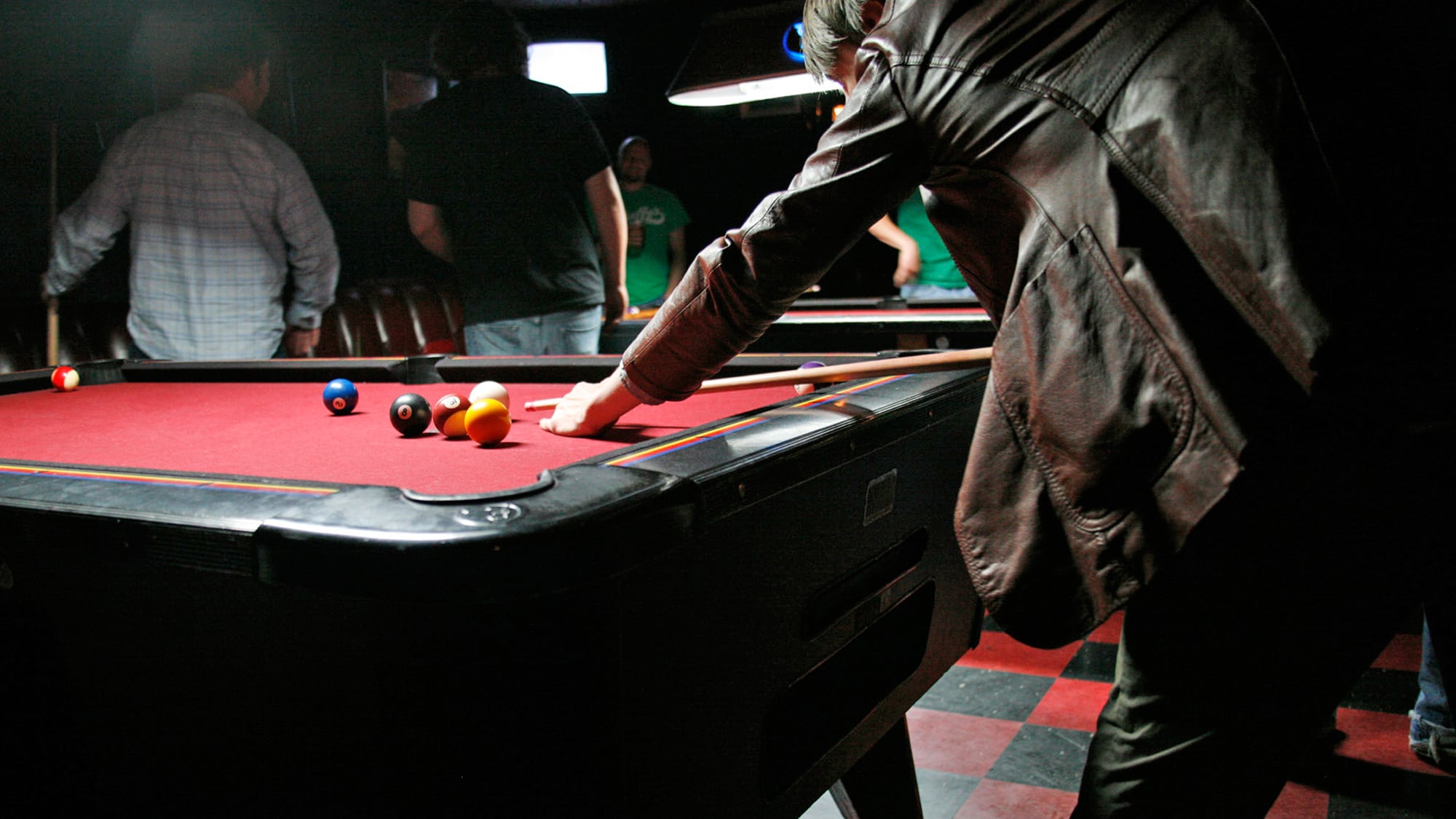Address: 1967 W Burnside St.
Year built: 1910
Square footage: 3,087 (bar only)
Market value: $12.4 million (the whole structure)
Owner: Cambridge-Trinity LLC
How long it’s been empty: Eight years
Why it’s empty: Inertia
Until its closure Sept. 12, 2014, The Matador occupied an exalted position among the dive bars that line West Burnside. (The collection includes the Marathon Taverna, Tony’s Tavern—now the Wildwood Saloon—and Kingston Sports Bar & Grill.)
“We were punk-rock kids,” says the bar’s former owner, Casey Maxwell.
Drinkers’ thirst for well liquor and never-ending rivers of beer remains unabated. But all that’s left of The Matador (not to be confused with the Seattle chain of tequila joints called Casa del Matador, with outlets on East Burnside Street and Northwest 23rd Avenue) are hazy memories and a storefront covered in plywood and black paint.
Public records identify Carol Anderson as manager of the 49-unit Cambridge-Trinity apartment building, which includes The Matador’s corpse. Anderson declined to answer questions. That may be because the building is currently for sale, packaged with an adjacent 30-unit building for $11.4 million.
Maxwell was more forthright. Now the owner of two eastside bars, the Low Tide Lounge on Southeast Belmont Street and the Lift Off Lounge on Southeast Sandy Boulevard, Maxwell began working at The Matador in 1997 and took ownership around 2006. “I would say our heyday was the late 1990s,” he says.
The indoor smoking ban that went into effect in 2009 improved customers’ health, but it weakened The Matador. The bar lacked a patio, and because of historic design restrictions, Maxwell says, he couldn’t erect awnings. “There was no place for smokers to go,” he says.
Maxwell adds that the aging building’s infrastructure was increasingly problematic. When his lease came up for renewal, he and Anderson couldn’t agree.
He looked for somebody to keep the place alive but found no takers. “Until the very end, I was trying to give it away to keep things rolling,” he says.
Thus closed what WW in 2014 called the “dimly red-lit Matador bar on West Burnside—for over 40 years a mainstay in Portland among cheery degenerates.”
It’s been vacant ever since. “That’s surprising,” Maxwell says. “I never thought it would stay empty this long.”
Every week, WW examines one mysteriously vacant property in the city of Portland, explains why it’s empty, and considers what might arrive there next. Send addresses to newstips@wweek.com.

